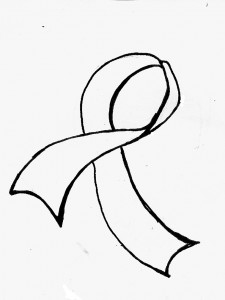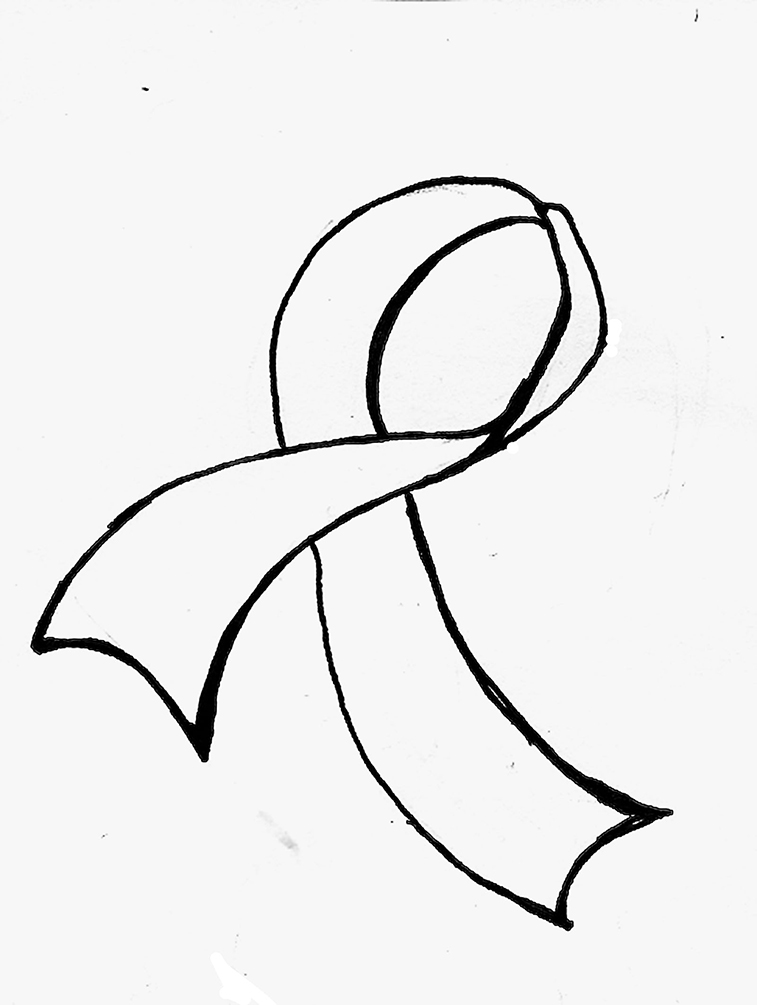
This April, for the third year in a row, Illinois legislators voted to cut the budget of the Illinois Breast and Cervical Cancer Program (IBCCP)—a state-run initiative that aims to provide free preventative care and cancer treatments to uninsured Illinois women—by nearly $296,000. It was a major blow for an already-lean budget. Although Mayor Rahm Emanuel recently stepped in to provide money to replace IBCCP funds and provide screenings to 1,500 more Chicago women through Roseland Community Hospital, the long-term sustainability of the city’s breast cancer programs and the rationale for the initial cuts to IBCCP’s budget have both been called into question by local health advocates. Anne Marie Murphy, executive director of the Metropolitan Chicago Breast Cancer Task Force, described this year’s budget cuts as “draconian.”
As justification for the budget slashing, legislators cited the ongoing implementation of the Affordable Care Act (ACA), which will provide free mammograms and other preventative services according to the Illinois Department of Insurance. With this attitude as popular as it is in Springfield, it seems unlikely that the program will ever be fully fiscally revived at the state level. Health advocates like those at the Task Force argue that although the ACA could increase mammogram availability, the law offers few substitutes for the locally attuned services for cancer victims that the IBCCP supported. The IBCCP, they say, exists in part to help women navigate Chicago’s health care system, and many contend that the organization could prevent uninsured women from falling through the ACA’s bureaucratic cracks and failing to take advantage of new preventative care options. Additionally, some fear that women currently enrolled in the IBCCP will remain ineligible for the Medicaid expansion set to accompany the ACA, and will thus remain uninsured and without free cancer prevention services.
All of these outcomes—flawed ACA implementation, a gradual reduction in the mayor’s new stop-gap screening funding, or both—would be particularly problematic for Chicago’s uninsured black women. According to a 2007 study by the Sinai Urban Health Institute, black women face a sixty-two percent higher risk of dying from breast cancer in Chicago than white women. The medically underserved South Side, where a scarcity of personal wellness resources can often worsen even minor health issues, could be hit the hardest. Groups like the Task Force have been working to connect South Side women with the services they need in light of the IBCCP’s recent budget cuts. This year, the Task Force offered one thousand free mammograms from various Chicago hospitals, including Northwestern Memorial Hospital and the Mercy Hospital and Medical Center. So far, 686 women have completed mammograms, and four were diagnosed with breast cancer. All of the treatments, including the initial mammograms, cancer treatments, and post-care, were completed without cost to the patients.
Despite the availability of these resources, the South Side still struggles to overcome a culture fearful of breast cancer prevention methods and thus remains vulnerable to the disease. Derek Michaels, manager of marketing and outreach at St. Bernard Hospital, a center for free mammogram services in central Englewood, strives to advocate for women fearful of facing the possibility of a breast cancer diagnosis.
“When I ask [the women] why [they won’t get mammograms], many of them say ‘I don’t want to know,’” he said.
Even women who have a history of breast cancer in their families are still wary of completing mammograms. The fear of diagnosis and subsequent treatment, which may include a mastectomy, feeds self-esteem and body image anxieties within these women. Many do not have the resources for reconstructive surgery, and would be forced to live with the realities of severe bodily alteration without any recourse to change their appearances. Lack of understanding and the perpetuation of health rumors also contribute to unwillingness to seek out mammogram services.
“Some women believe that if they don’t have a family history of breast cancer, they aren’t susceptible. That’s just not true,” Michaels said.
Additionally, some South Side women cannot rely on familial support groups to assuage their fears. Women without sisters or mothers in their lives may find it more difficult to get regular mammograms without the support of other women, so they avoid the process altogether. This mindset perpetuates the latent health disparity among Chicago’s black and white female populations. According to a 2013 study by Northwestern University’s Feinberg School of Medicine, fifty-one percent of black women involved in the study’s focus groups believed all women to have the same risk of dying of breast cancer. This same study also found that, of the women questioned, most believed that this risk stemmed from a lack of awareness of cancer screenings within the black community, and a subsequent failure of black women to get regular screenings. To the contrary, medical and health professions involved in the study blamed healthcare inequalities for the breast cancer disparity.
Several organizations are working to reverse these misconceptions. The Task Force’s Screen to Live navigation program, which targets Englewood—a community with some of the highest breast cancer mortality rates—reaches out to women in laundromats, buses, and churches through casual conversation to increase awareness of the importance of mammogram screenings. Since its inception in June of last year, 1,200 Englewood women have been contacted, and 210 of 300 women have completed their scheduled mammograms.
Sisters Working It Out (SWIO), an organization conceived as a collaborative effort among several Chicago health advocacy groups, runs a Community Health Educators (CHE) program staffed by members drawn from all over Chicago, who receive training in order to best recognize and assist with the problems specific to Chicago’s uninsured women. According to SWIO Program Coordinator Tonya Robertson, each CHE member is responsible for counseling thirty uninsured women about their health concerns, referring ten uninsured women to free mammogram and pap exam services, and participating in two “advocacy activities” on behalf of the uninsured. St. Bernard Hospital, located in central Englewood, which has used sixty of its 150 free mammograms allotted for this year, also offers health fairs, distributes mammogram reminders to Englewood residents, and organizes a monthly cancer support group for patients and families
Given the potential long-term instability of IBCCP, the South Side’s women may have to rely more and more on these kinds of non-governmental efforts. In the meantime, the Task Force plans to continue lobbying the Illinois state legislature for increased funding and working with major hospitals to secure more free mammograms for those who need them the most.

